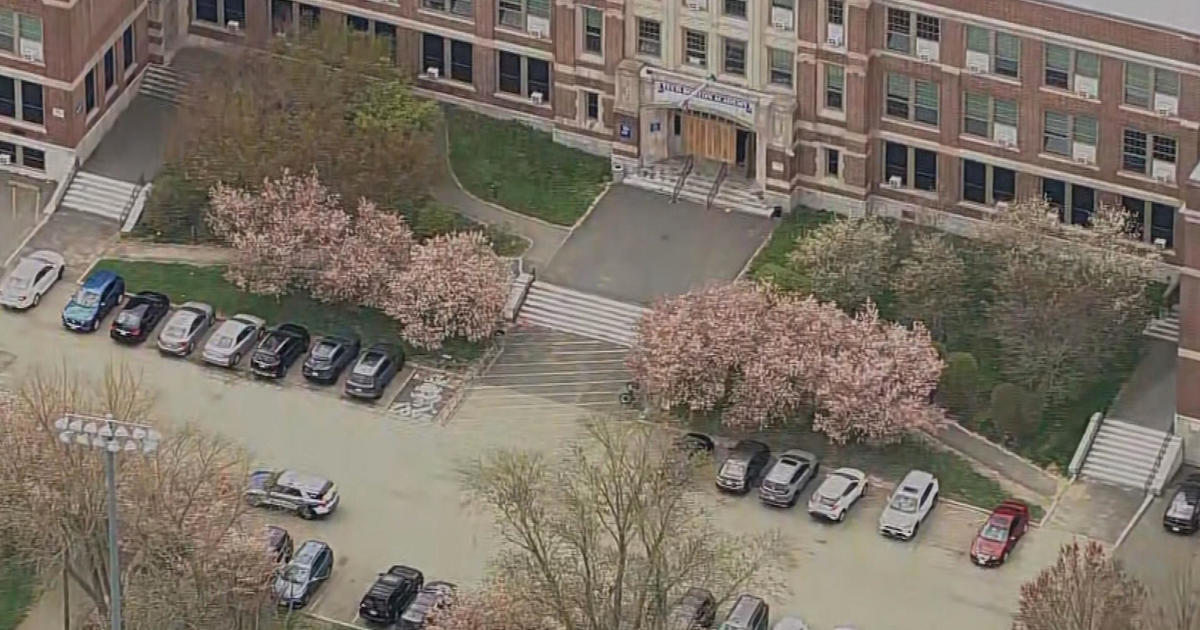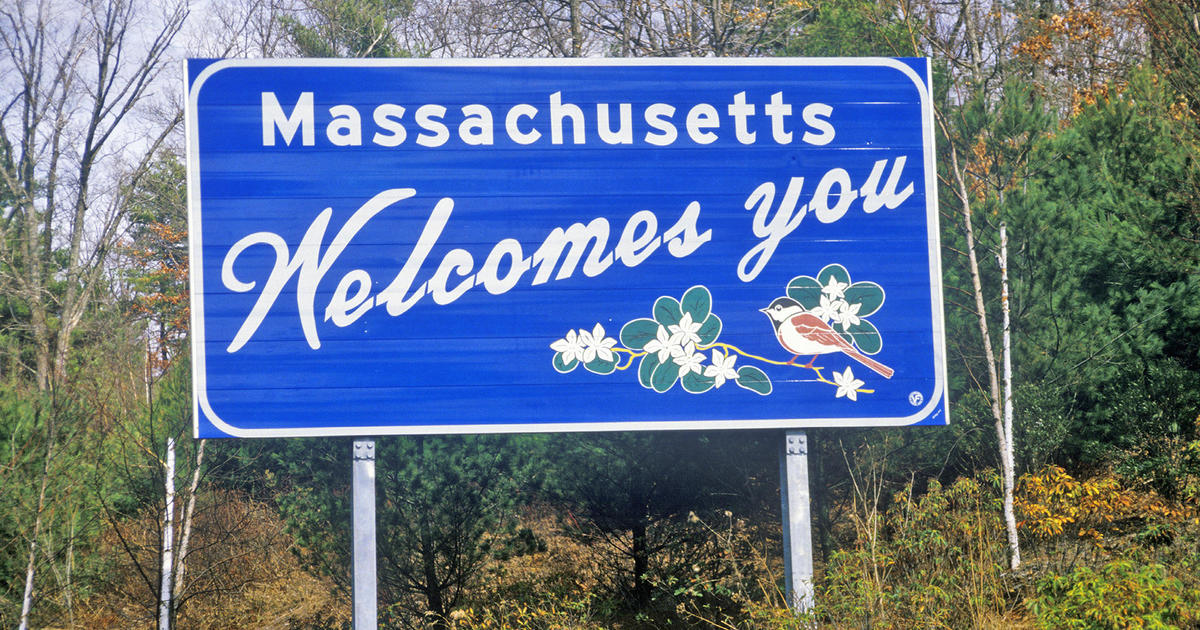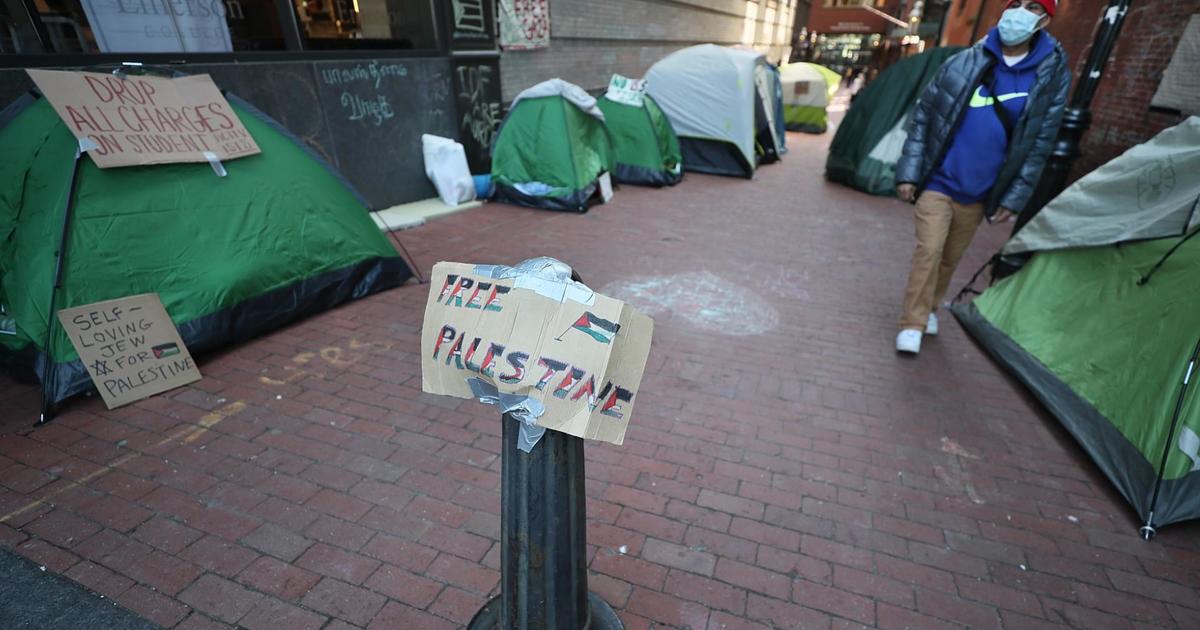Heroin: From Prescription To Addiction (Part 15)
BOSTON (CBS) - There are no easy solutions, but steps are being taken to combat the state's drug overdose epidemic. WBZ's Mary Blake looks at some of those steps in the conclusion of her series, "Heroin: from Prescription to Addiction."
Sue Cyr of Raynham calls the drug overdose epidemic the 'leprosy' of this generation. "Everybody I talk to, everybody, knows somebody. But the thing is, it's an embarrassment," she says.
WBZ NewsRadio 1030's Mary Blake reports
Heroin: From Prescription To Addiction (Part 15)
Emotions run deep and they vary at every turn of the drug addiction epidemic. There is dread, uncertainty, self-loathing, fear and despair. But there also is compassion, forgiveness, resolve and determination.
Read More: Heroin From Prescription To Addiction
Cyr's son died of a drug overdose earlier this year. "Stand up, speak out and get the help they need," she advises.
That means help on several fronts. Legislative priorities now include more treatment beds. Vic DiGravio with the Association for Behavioral Health Care wants passage of a bill now making its way through the legislature that mandates insurers cover up to 21 days of treatment. "If that became law, it would transform the treatment system and it would probably be the most significant step in expanding access to treatment that we've seen in Massachusetts in probably 40 years," he says.
Law enforcement has set up Drug Drop Off Boxes at local police stations around the state. The program is aimed at getting unused prescription drugs out of medicine cabinets. "Ashland Police Chief Craig Davis says that it has been an overwhelming success. "It's being used, we've emptied it several times. I think the first two weeks that we had it in operation, we collected 110 pounds of prescription medication," he says.
Doctors are battling the epidemic on a couple of fronts. First, there is the cause of addiction. Dr. Ron Dunlap, Immediate Past President of the Massachusetts Medical Society notes the cause remains a mystery. "We have a way of getting people on these drugs to relieve their pain, but we really don't have an organized way of taking a person, who is not a criminal, off of these drugs once the problem has resolved," he says.
Doctors are also grappling with how to walk the tightrope of prescribing legitimate pain medication and then denying it to addicts in their offices looking for the next 'high.' Dr. Daniel Alford is Associate Professor of Medicine at the Boston University School of Medicine and Medical Director of the Office-based Opioid Treatment Program at Boston Medical Center. He has developed a "Scope of Pain" lecture and video program for physicians, and has some advice for colleagues. "Every time you write that prescription, you should be convinced that the prescription is doing more good, than bad," he says.
All sides fighting this epidemic agree that education tops the list. Quincy rheumatologist Dr. Pat Hopkins implores parents to talk to their children. She says, "The kid with the sprained shoulder who ends up an addict is a rarity. For every one of those, there are a thousand that just move down the drug line."
DEA Special Agent and spokesman for the DEA in New England Anthony Pettigrew, puts it best. "Listen, if we can stop the initial use, I think it's very important. So if you can bring them information that stops that first use, we've won."
If we win, there will be no losers.
MORE LOCAL NEWS FROM CBS BOSTON



